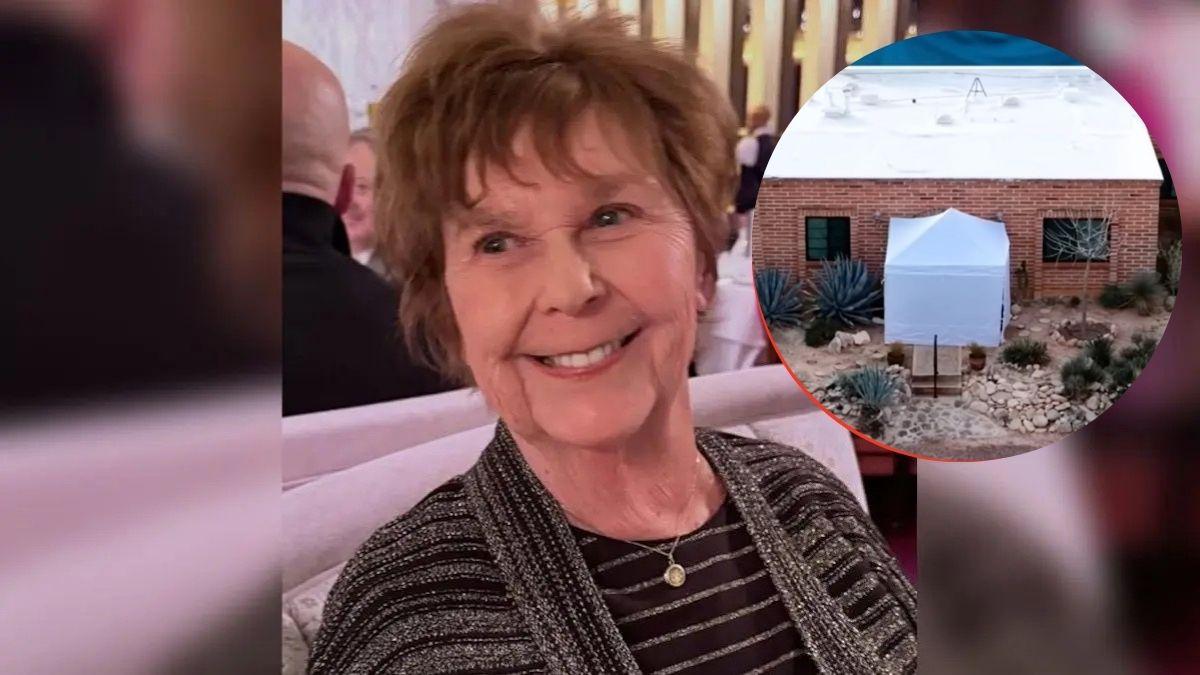American Assassination Attempts Explained: From John F. Kennedy to Ronald Reagan, Donald Trump and More
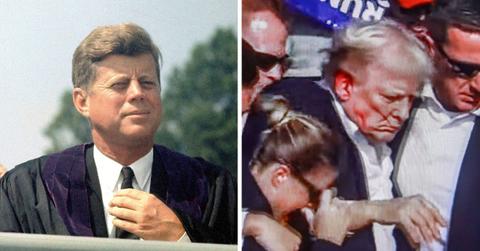
July 16 2024, Published 7:30 a.m. ET
Andrew Jackson

On January 30, 1835, Andrew Jackson attended a congressional funeral at the Capitol Rotunda when Richard Lawrence — an unemployed house painter — stepped forward and aimed at the then-president's heart. The suspect pulled the trigger twice during the incident, but both misfired.
It was the first known attempt to assassinate a U.S. president.
Abraham Lincoln

Decades after the attempted killing of Jackson, Abraham Lincoln became the first U.S. president to be assassinated. John Wilkes Booth shot him in the back of the head on April 14, 1865, during an appearance at Ford’s Theater in Washington, D.C., where the suspect worked as an actor in Our American Cousin that night.
Booth fled the scene but was arrested weeks later.
James Garfield
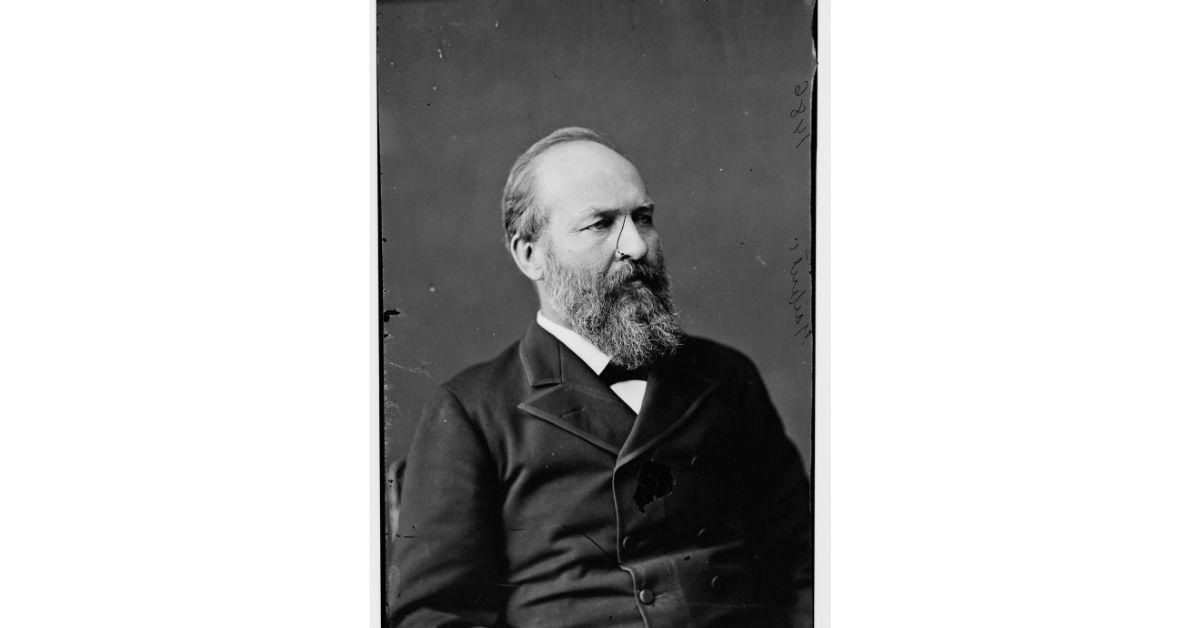
Then-newly inaugurated James Garfield was shot to death on the morning of July 2, 1881, while at a train station in Washington, D.C.
Charles J. Guiteau drew his pistol as Garfield entered the station, soon firing two shots. The first one grazed at the then-president's right arm before the second hit the lower back.
Initial reports claimed Garfield would have survived after sustaining the gunshot wounds, but his doctors allegedly handled the case so poorly that it led to his death on September 19, 1881. He was only the president for 200 days.
William McKinley

William McKinley died on September 14, 1901, days after he was fatally shot at the Pan-American Exposition in Buffalo, N.Y., by Leon Czolgosz.
The killer was executed by electrocution at New York's Auburn Prison on October 29, 1901.
Before the sentence was carried out, Czolgosz said, “I killed the president for the good of the laboring people, the good people. I am not sorry for my crime.”
Theodore Roosevelt
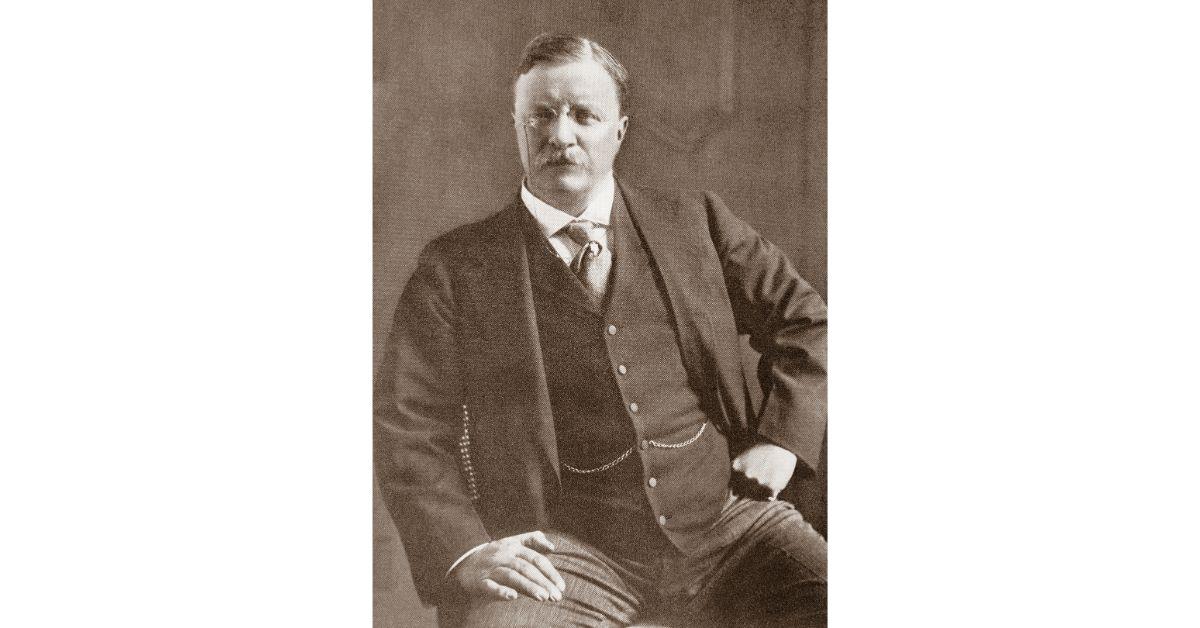
During a campaign in Milwaukee on October 14, 1912, Theodore Roosevelt informed the people inside the auditorium, "Friends, I shall ask you to be as quiet as possible. I don’t know whether you fully understand that I have just been shot.”
The bullet passed through a copy of the 50-page speech he was holding before hitting his chest. He continued speaking while showing his bloodstained shirt, but he also credited his documents for saving him from a more fatal impact.
"The bullet is in me now, so I cannot make a very long speech, but I will try my best," he continued his speech before seeking medical treatment.
Franklin D. Roosevelt
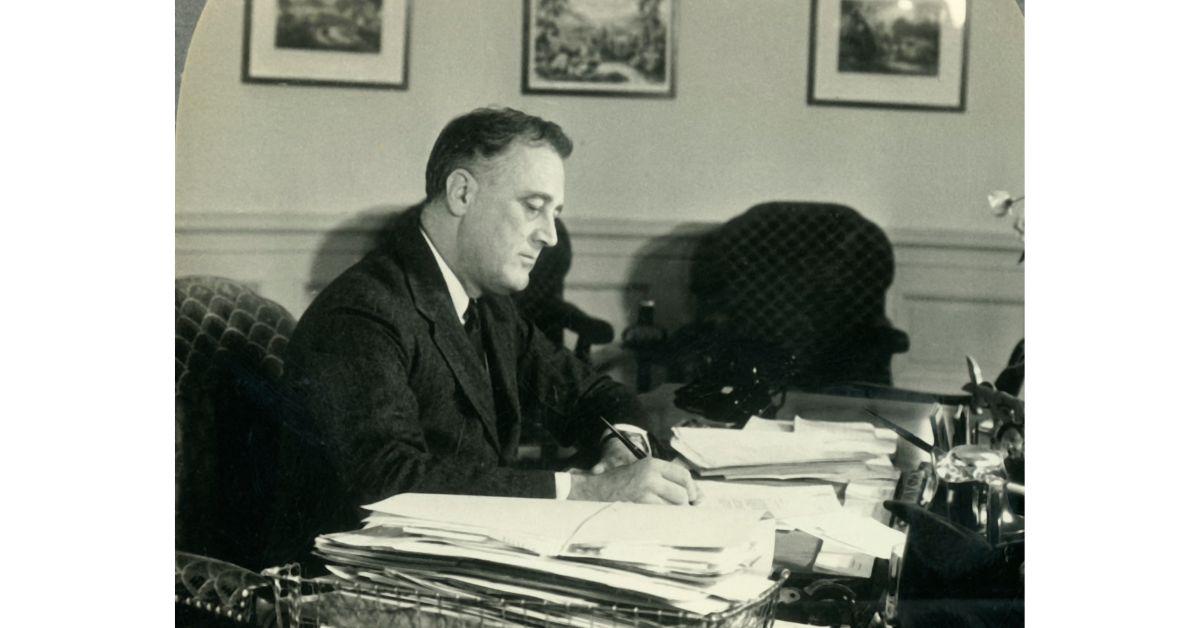
On February 15, 1933, Franklin D. Roosevelt escaped the assassination planned and carried on by Giuseppe Zangara. The suspect missed the then-president-elect and fired more shots, but he ended up killing Chicago Mayor Anton Cermak.
Giuseppe died by electrocution on March 20, 1933.
Harry Truman

Harry Truman became the president after Franklin's death, but he also almost faced the same fate when Puerto Rican nationalists Griselio Torresola and Oscar Collazo tried to kill him while he was at Blair House in Washington.
Secret Service Agent Leslie Coffelt managed to kill Griselio but was mortally wounded afterward.
John F. Kennedy

President John F. Kennedy rejected the Pentagon plans.
John F. Kennedy faced assassination attempts twice, but he did not survive the second one.
On December 11, 1960, Richard Paul Pavlick plotted to kill Kennedy by crashing into his car and blowing it up with a dynamite. However, he changed his mind upon learning the president was with his wife and children.
Richard Paul was arrested before he was able to carry out his plan.
But nearly three years later, on November 22, 1963, Kennedy was shot to death while in a motorcade in Dallas, Texas. His accused killer, former U.S. Marine Lee Harvey Oswald, died two days later after distraught nightclub owner Jack Ruby killed him.
Richard Nixon
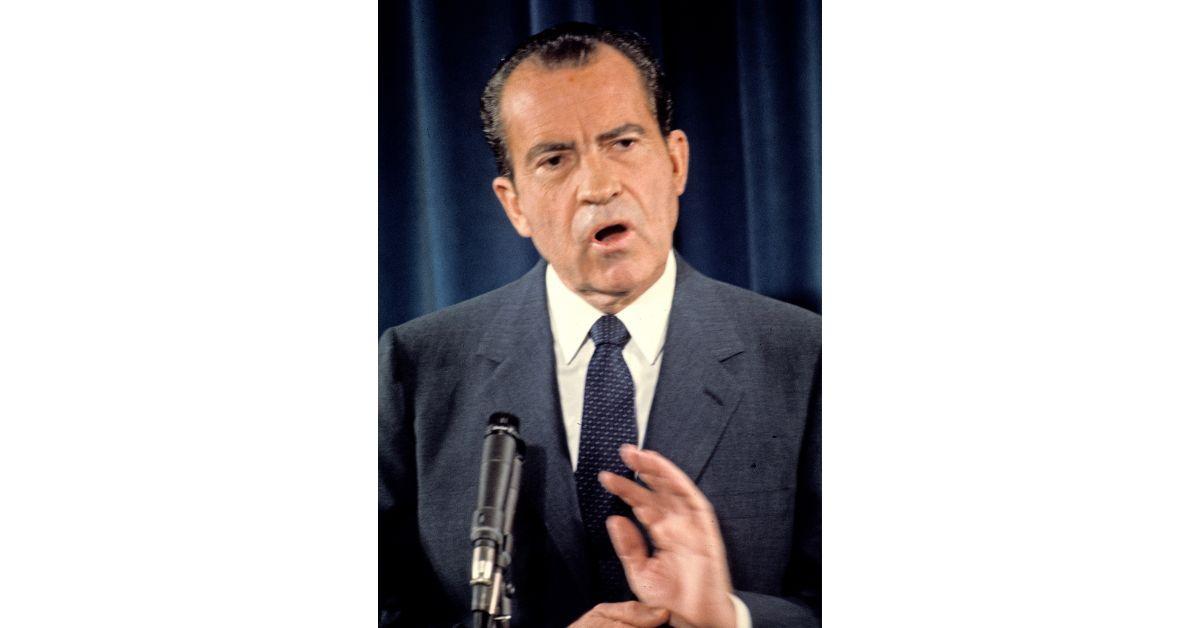
Arthur Bremer, who left former Democratic presidential candidate George Wallace paralyzed by shooting him, first attempted to kill Richard Nixon in 1972. The shooter failed as the bullet missed the then-president.
The 37th president of the U.S. passed away on April 22, 1994, in a New York City hospital four days after suffering a stroke.
Gerald Ford

Gerald Ford dealt with assassins twice.
The first incident happened on September 5, 1975, when Lynette “Squeaky” Fromme attempted to assassinate the president in Sacramento, Calif., but misfired.
Days later, on September 22, 1975, Sara Jane Moore attempted to shoot Gerald but missed.
Ronald Reagan
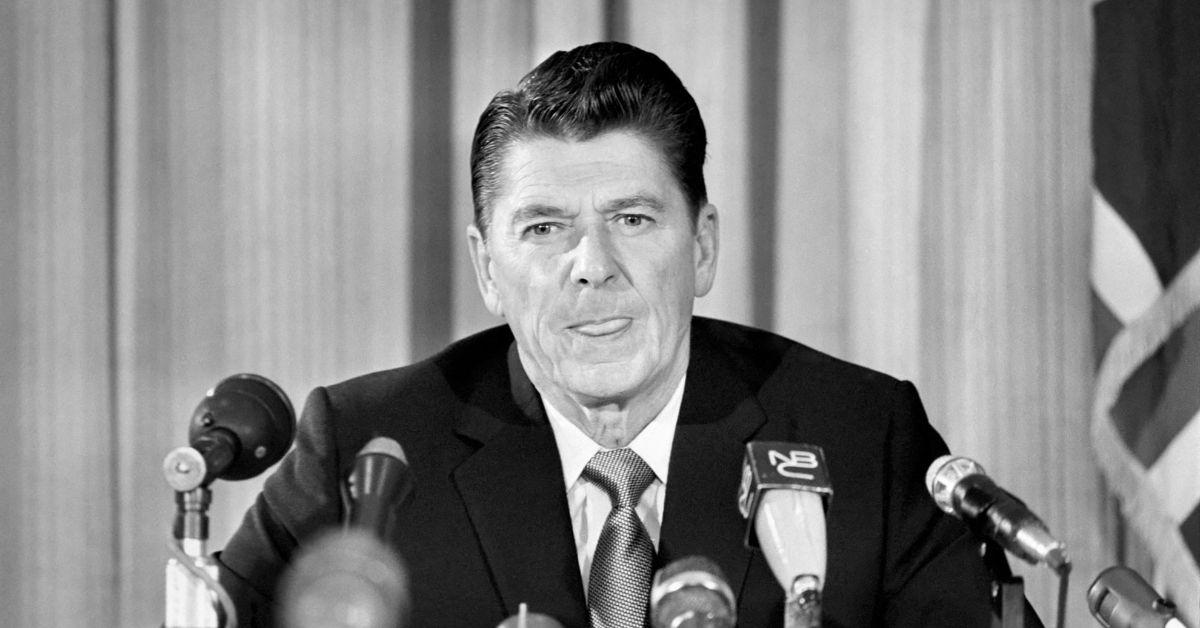
On March 30, 1981, John Hinckley Jr. fired shots at Ronald Reagan while the then-president was exiting the Hilton Hotel in Washington. Four people, including Ronald and Press Secretary James Brady, were wounded.
The suspect was later found not guilty of attempted murder on account of insanity. Per reports, he wanted to impress Jodie Foster by shooting Ronald.
John Jr. spent decades in a mental institution before being released from court supervision in 2022.

George H.W. Bush

When George H.W. Bush visited Kuwait in April 1993 to commemorate the country's victory over Iraq, 17 people were arrested for plotting to kill the then-president by car bomb.
Barack Obama
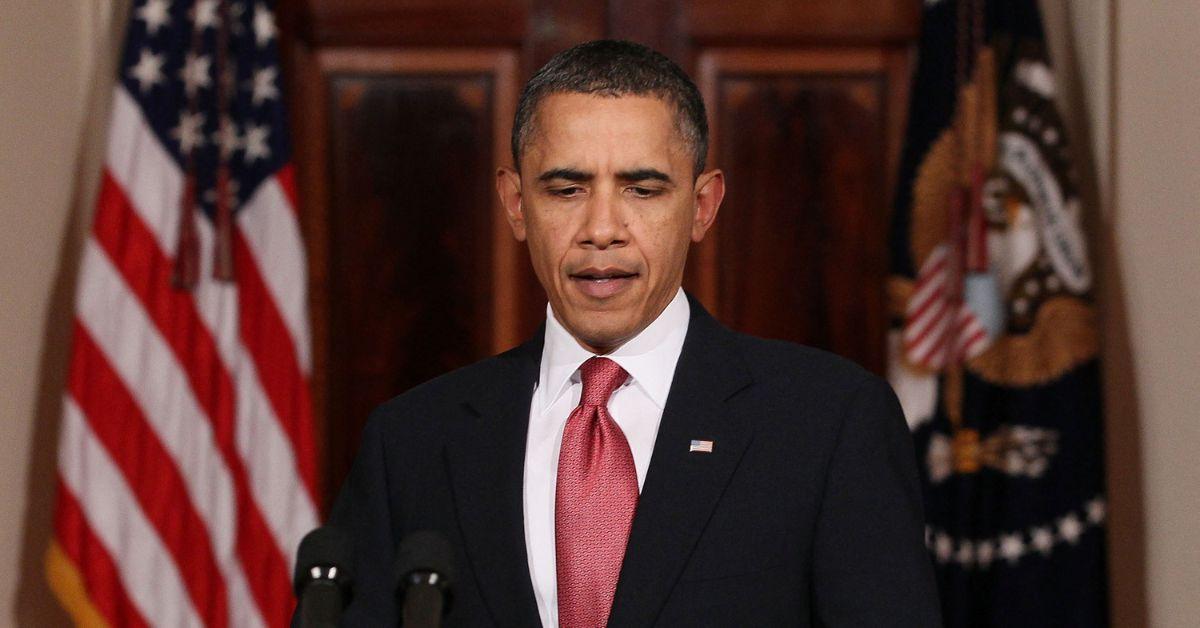
On November 11, 2011, Oscar Ramiro Ortega-Hernandez attempted to kill Barack Obama by firing multiple shots at the White House. At least seven rounds struck the White House but did not injure anyone at the time.
Donald Trump
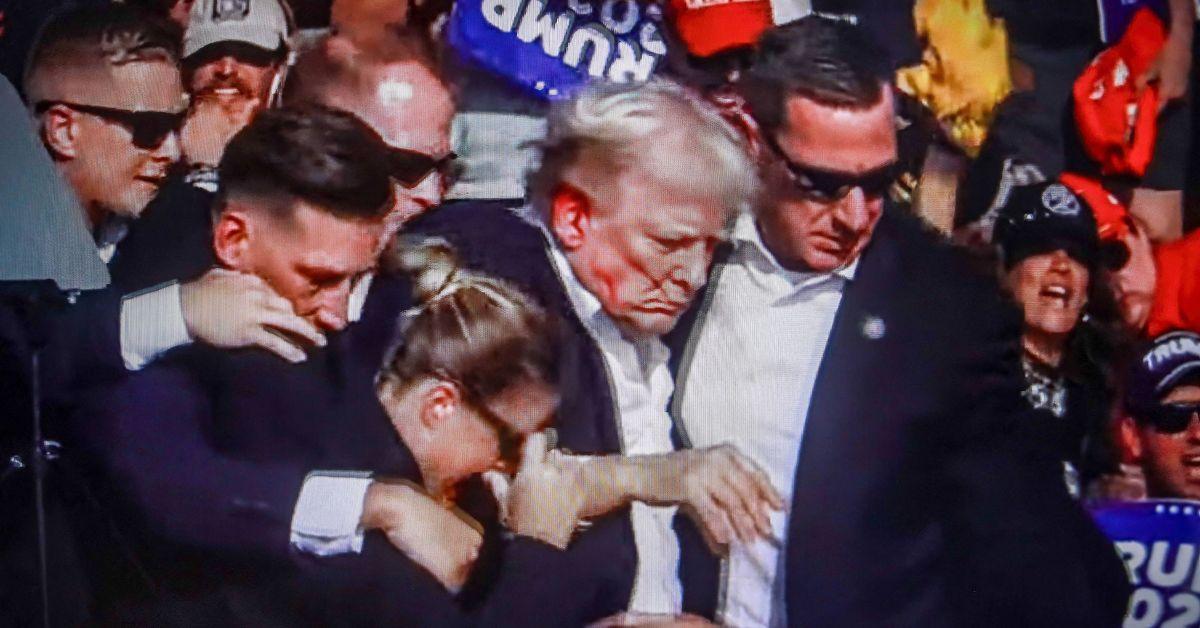
Donald Trump was grazed in the upper ear in a shocking assassination attempt.
Former U.S. President and 2024 presidential candidate Donald Trump had a brush with death during an assassination attempt at his rally in Butler, Penn. Two people — the gunman and an audience member — were killed during the incident.
Trump's communications director Steven Cheung said, "President Trump thanks law enforcement and first responders for their quick action during this heinous act. He is fine and is being checked out at a local medical facility. More details will follow."
"An incident occurred the evening of July 13 at a Trump rally in Pennsylvania," the Secret Service said in a separate release. "The Secret Service has implemented protective measures and the former President is safe. This is now an active Secret Service investigation and further information will be released when available."
Trump was still able to raise his fist after the attempt, which left the upper part of his right ear bleeding.

